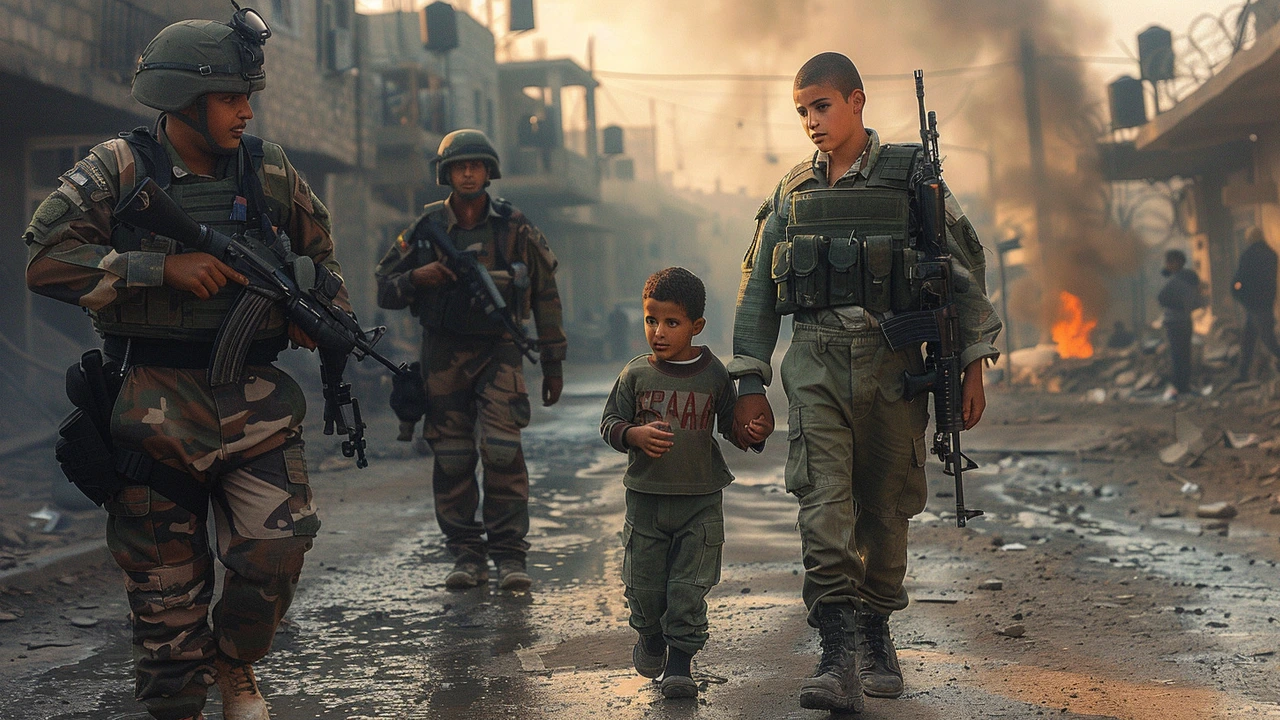Palestinian arrests — clear updates, legal rights and what you can do
Arrests can happen fast and leave families scrambling for reliable information. This tag page collects practical tips, links to trustworthy sources, and clear steps for people affected by arrests. If you or someone you care about is involved, read on — this is focused on useful actions, not opinion.
Quick steps if a loved one is arrested
Stay calm and act fast. First, get basic facts: full name, ID number, where and when the arrest happened, and any stated charges. Write these down right away.
Contact a lawyer who handles detention cases. If you don’t have one, reach out to local legal aid clinics or human rights groups that maintain referral lists. If the detained person has a chronic illness or needs daily medication, tell the lawyer immediately. Medical needs should be logged and followed up on every day.
Try to get a visit or a phone call scheduled. Ask for medical records and a list of medications held by the facility. If you see signs of injury, photograph them and note the date and time. Keep all receipts and written communication — they matter in legal processes.
How to follow reliable updates and help safely
Use trusted news sources for updates: major wire services and respected NGOs (for example, Reuters, AP, UN-related offices, ICRC, Amnesty) usually verify facts before publishing. Social media moves fast but often repeats unverified claims. If you see a post that wants immediate action, check at least two reliable outlets first.
Want to help? Donate to established legal funds and medical aid organizations rather than unknown groups. If you organize a local campaign, get clear information about where funds go and keep receipts. Support can also mean sharing verified updates and connecting families with legal or medical resources.
Document everything. Dates, names, phone numbers, copies of messages and photos build a timeline that lawyers and human rights groups can use. Store digital copies and a physical folder if possible.
For mental health: arrests and detentions hit families hard. Look for local counseling services, peer support groups, or charities offering trauma support. Small, regular check-ins with the detained person’s close contacts help maintain emotional support and practical coordination.
If you need help finding contacts — lawyers, organizations that monitor detainee treatment, or medical support — search reputable NGO directories or contact authorities like the International Committee of the Red Cross who often help with tracing and medical access.
On this tag page, you’ll find updates, guides, and resources aimed at helping people manage the legal and medical side of arrests. Bookmark this page and check back for new guides and links to verified organizations. If you have a specific question, use our Contact page to reach out and we’ll point you to trusted resources where possible.
In October 2021, the Israeli military detained 467 Palestinians, including 135 children and ten women, sparking human rights concerns. The arrests raised the number of Palestinians in Israeli jails to nearly 4650, with a significant number of administrative detainees.

